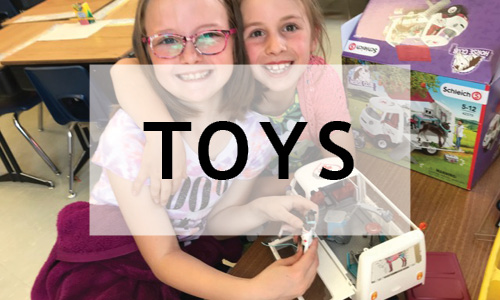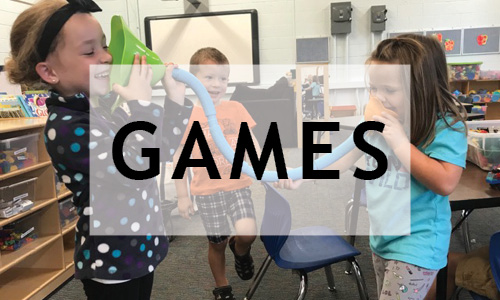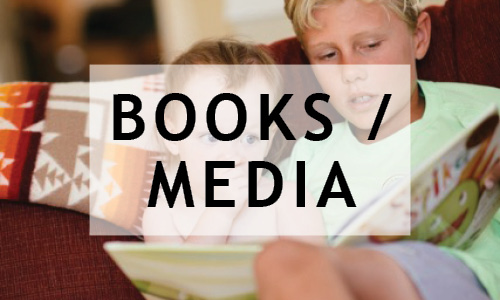As you can imagine, I get all kinds of questions when I have “play on words” sessions with moms and dads. Is it okay if she watches TV? Is it okay if she doesn’t watch TV? Last week, I had a play session with one-year-old Jack. His mom wanted reassurance about her decision to keep the TV off. I have several other families that I work with who are not exposing their child to TV in the first few years. I applaud them because they are taking a hard road. I remember being exhausted about 3:00 in the afternoon (it probably hit earlier than that) and welcoming Sesame Street as a break from motherhood. Certainly it is valid that moms need a break and might occasionally put on a children’s show or video but it is important that we not let the advertising community convince us that we need every Baby Einstein Video to have an intelligent child! As of now, I don’t know of any research that supports the claims that these videos enhance intelligence or language and recent research actually deems them detrimental to language development.
The subject of TV comes up every time that I speak to a group of new parents. We all want to do the right thing and we are concerned and confused by recent research and what the media is telling us. Since I began “Play on Words” almost 6 years ago, I have consistently told parents the facts: there is no research I am aware of that backs the benefits of infant videos and language is learned through live face-to-face interaction. That being said, many moms have shared that popping in an infant DVD gives them a necessary break to take a shower or get dressed! Life is about balance and that is understandable. Just realize that research backs language learning through live experience, not through videos and TV for infants.
Let’s look at the facts. The American Academy of Pediatrics recommends no TV viewing for children less than two years of age. Children under two learn language through social interaction, not by viewing a TV screen. One of my favorite studies came out in July 2003, where researchers from the University of Washington looked at how babies learn a foreign language. Comparing three groups, the researchers exposed nine-month-old American babies to just under five hours of Mandarin Chinese. The first group heard live native speakers, the second group listened to a professionally produced DVD of the same speakers, and the third group listened to an audio version. The babies in the first group (live speakers) were the only ones who could distinguish sounds in the foreign language. Infants learn language from live speakers through their everyday activities.
The most recent study out from the University of Washington, looking at the affects of TV viewing on young children, suggests that popular infant videos may actually impede language development. Their research team found that popular videos such as “Baby Einstein” and “Brainy Baby” can actually hinder language development. With every hour per day of video viewing, infants learned six to eight fewer new vocabulary words than their counterparts who didn’t watch the videos. The most detrimental effects were on the 8 to 16 month old group. This age group is significant since language learning is exploding. By the time a child is 12 months old, he will know about 60 words and will begin to say his first words. According to one of the researchers, Dr. Dimitri Christakis, “The more videos they watched, the fewer words they knew.” Watching the videos lowered the infant’s language scores by about 10%.
The researchers expressed additional concern about over stimulating infants when exposing them to popular baby DVD’s. The rapid scene changes, and flashes of visual images that don’t correspond to a child’s experience certainly capture a child’s attention but are they over stimulating her?
I know there is a backlash and anger from parents who feel they were mislead, buying products they thought were designed to enhance their baby’s intelligence and language that actually may do harm. Leave the guilt behind, grab a good book and start reading. Babies are very resilient and we know that a good dose of reading each day increases vocabulary and builds bonds between you and your child.



